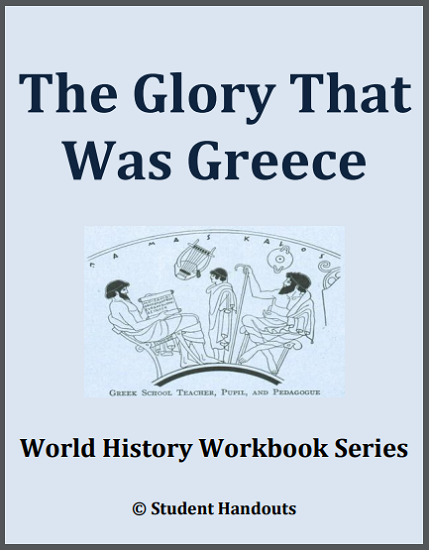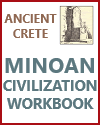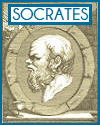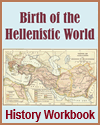This student-friendly workbook is part of our World History Workbooks series.
"The Glory That Was Greece" focuses on classical Greece, particularly ancient Athens and Sparta. Topics include Greek philosophy, drama, art, and architecture, as well as the Persian and Peloponnesian wars. Designed for high school World History and European History students, this informative text is punctuated with various types of questions and activities. This workbook is nineteen pages in length.
Click here to print. The answer key is below.
Answer Key:
- Regions around the Danube River and Black Sea
- Heinrich Schliemann
- Mountainous peninsula
- Belief in a common ancestor, Greek language, literature, religion, and the Olympic games
- Egyptian hieroglyphics ↣ Egyptian hieratic (or cursive, or Coptic) ↣ Phoenician ↣ Greek ↣ Latin (Roman)
- Answers will vary
- Answers will vary, but might include a modern farmer's market or a flea market
- Poorer citizens could afford to run for office
- 1/6
- Answers will vary
- Athens
- Answers will vary
- Answers will vary, but might include slavery and a lack of rights for women
- Answers will vary, but should include the wars' impact on Greek unity and expansion
- Answers will vary
- Philip II
- Answers will vary; an example might be a baseball museum utilizing statues of famous players as columns
- Greek culture among those who considered themselves to be Greek during the centuries before Alexander the Great
- Answers will vary, but should include its precision and detail
- Pythagoras came up with the Pythagorean theorem; Hippocrates posited that diseases have natural, rather than supernatural, causes
- Greek philosophers asked most every deep question, particularly on the meaning of life
- Herodotus traveled to gain information and see the places where events took place; Thucydides discussed cause and effect
- Answers will vary
- Answers will vary
- Answers will vary, but the most common answers are the White House and the Capitol Building
- Dorians
- Carthage
- Sparta
- Ionians and Dorians
- Marseille (Teachers and parents should know this one, but it might take comparing the workbook map to a modern map for kids to figure it out. The object of this question is to teach thinking and research skills while also illustrating the etymology of place-names.)
|



















































